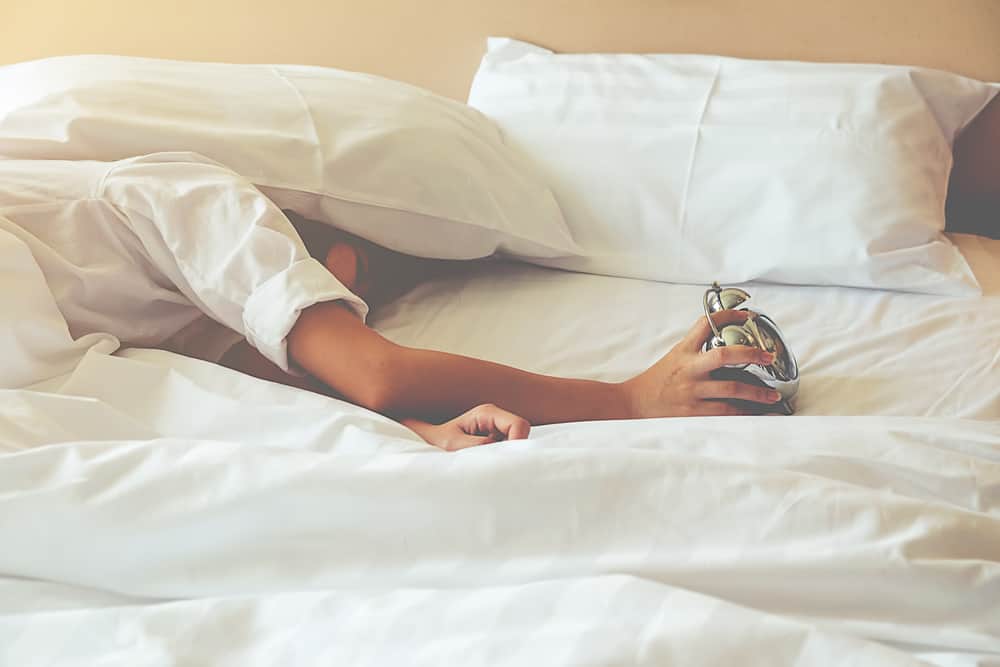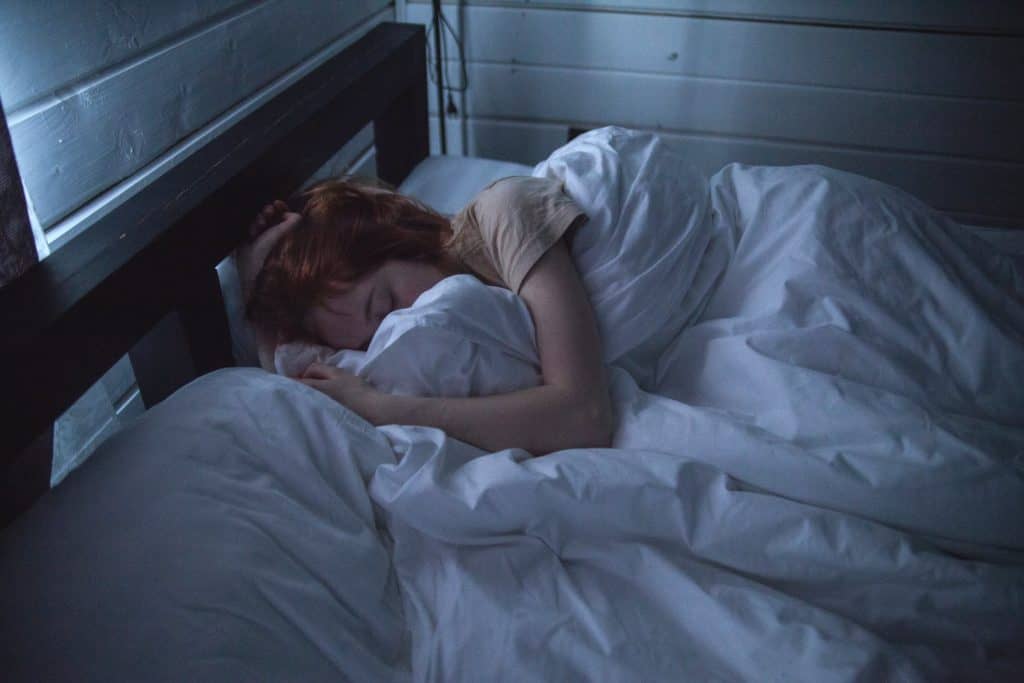Chronic worry or concern, referred to as anxiety, is a common mental health illness. More specifically, an individual struggling with anxiety may be suffering from Generalised Anxiety Disorder (GAD, the most common form of anxiety), panic disorder, phobias, Post-Traumatic Stress Disorder (PTSD) and/or Obsessive Compulsive Disorder (OCD).
A number of anxiety sufferers will experience what is called ‘morning anxiety’, whereby a person experiences anxiety as soon as they wake up in the morning or within one hour of waking up. Morning anxiety can be very unpleasant, as it often means you begin your day in a negative frame of mind and the thought of getting through the day ahead of you can seem impossible.
A person who suffers from morning anxiety may feel a number of physical symptoms upon waking not dissimilar to those experienced when battling GAD, including restlessness and irritability, increased heart rate, chest tightness, nervousness, light-headedness, difficulty concentrating and/or fatigue.
Curling up beneath your bed covers and ignoring the day ahead of you can be very tempting when suffering from morning anxiety. However, fortunately there are number of things you can do to help manage and reduce your morning anxiety (which we will discuss in Part Two of our ‘Morning Anxiety’ series).
The best place to start when suffering from morning anxiety (and your anxiety in general) is to determine the root causes of your morning anxiety. More often than not, it is a combination of worries and/or concerns that contribute to a person’s experience with morning anxiety, and these causes of morning anxiety can differ from one person to the next.
To begin, let’s take a look now at some of the most common causes of morning anxiety.
Common Causes Of Morning Anxiety
Anticipation Of Stressful Situations That Lay Ahead
One of the most common reasons a person will suffer from anxiety upon wakening is due to anticipating stressful situations that are likely to occur during the day (or week, etc.) ahead. For example, these situations may include stress related to:
-Mental health illness: such as depression or social anxiety
-Serious/chronic illness or care-giving responsibilities: i.e. personal serious (e.g. cancer) or chronic illness (e.g. arthritis), or caring for a loved one (e.g. a newborn baby, an elderly sick parent or a relative with a disability)
-Relationship difficulties: with a significant other, such as your partner, a parent, child or close friend
-Commuting: a long, tiring and/or particularly difficult commute involving heavy traffic, public transportation or major physical effort (e.g. cycling or walking a long distance)
-The workplace: such as working on a particularly challenging project, giving a major presentation, participating in an important meeting, interacting with a difficult manager or co-worker, or struggling to hold down or find a job
-Study pressures: related to school, university or other education, such as preparing to present to your classmates or sitting an examination
Going To Bed Feeling Worried/Anxious And/Or Poor Sleep
Feeling anxious about the day ahead before going to sleep can reduce a person’s ability to get a solid and restful seven to nine hours of recommended sleep per night. Missing out on quality sleep (or insomnia) can lead to feelings of morning anxiety, as our bodies and minds are less able to manage stressful or worrying situations when we are unable to adequately replenish energy stores overnight.
Regular nightmares and distressing dreams may also lead to or further exacerbate morning anxiety.
Your Sleeping Environment Induces Anxiety
Perhaps you bring your laptop (i.e. and work) into the bedroom, or you are constantly surrounded by clutter such as washing, clothing or shoes that are waiting to be put away. Maybe your bedroom lights are harsh and not conducive to sleeping or waking pleasantly, or your room is too hot or too cold overnight and/or in the morning. Perhaps you are woken each day by a harsh alarm.
Your bedroom and sleeping environment should be a calm sanctuary for rest (and waking) only, and when it is not, this environment may induce morning anxiety.
Low Blood Sugar And/Or Dehydration
Fasting overnight causes our blood sugar level to drop and our body also experiences dehydration, which in some cases may cause a person to feel anxious after waking up in the morning.
Caffeine And/Or Excessive Sugar Consumption
Consumption of caffeine in the form of tea or in particular, coffee, soon after waking can increase feelings of anxiety for some people, particularly if you are not a regular coffee drinker or consume numerous serves of coffee (or caffeinated tea) in a short time.
Similarly, eating a large amount of sugar after you wake up can leave you feeling jittery and restless, and can cause and/or exacerbate morning anxiety.
Not Allowing Enough Time To Wake Up And/Or Get Ready
Not allowing ourselves enough time in the morning to wake up before getting out of bed or to get ready for the day ahead can cause feelings of anxiety, as our mind is often scattered when under pressure and we may feel anxious trying to fit in all that we need to do before being required to be somewhere or to do something.
If you are suffering from morning anxiety, keep your eyes peeled for the next instalment in our ‘Morning Anxiety’ series ‘Morning Anxiety – Part Two: What To Do When Your Anxiety Is Worse In The Morning’, for tips and strategies on what you can do to help manage and relieve morning anxiety.
Anxiety is a common mental health illness that affects many Australians at some point in their lifetime. If you are suffering from anxiety, don’t delay in seeking professional help. Contact our friendly and passionate team at Blissiree Pty Ltd today for assistance with your recovery from anxiety.




